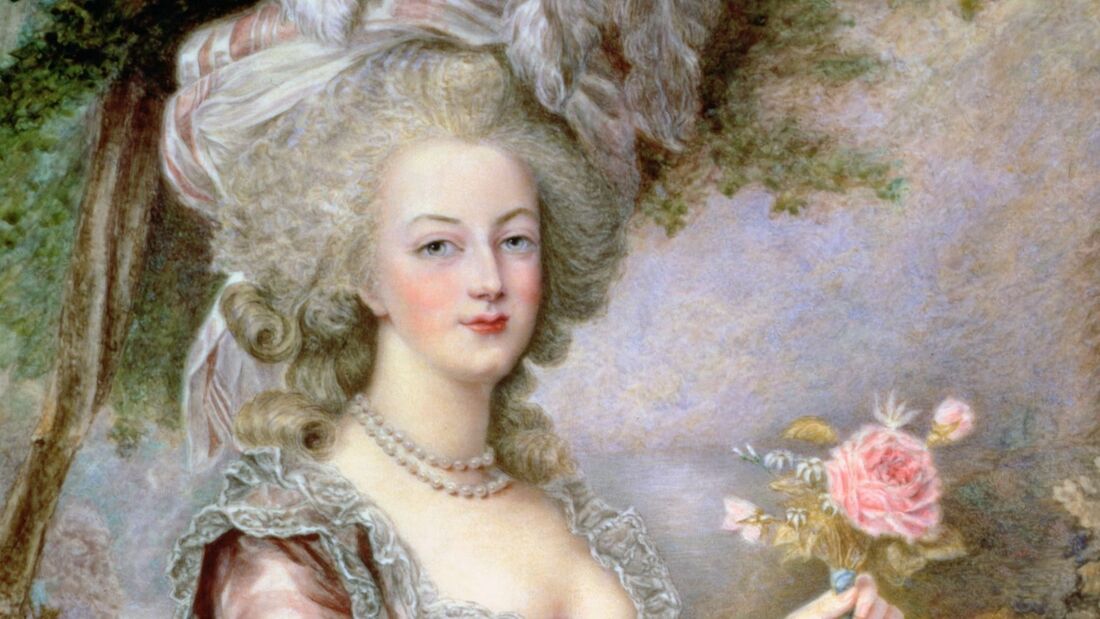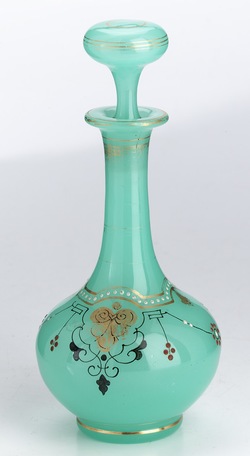Perfume played an important role in Marie Antoinette's life. She was said to have used fragrances to mask the odors of the court, which was notorious for its lack of hygiene. It was also a way for her to express herself and her personality. She was known for favoring floral scents, such as rose, jasmine, and lavender, and she would often have custom fragrances made for her.
Her love for perfume was not limited to just wearing it. Marie Antoinette was also known for her extravagant perfume bottles, which were often made of gold and adorned with precious stones. She even had a perfume bottle in the shape of a swan, which was said to have been a gift from her husband, King Louis XVI.
However, Marie Antoinette's indulgences in luxury and excess were not well received by the French people. The country was facing economic hardship, and the monarchy's lavish spending was seen as a symbol of their disregard for the suffering of the common people.
The Revolution brought about significant changes in the perfume industry in France. The luxurious fragrances that were once only accessible to the aristocracy were now available to the general public. The use of natural ingredients, such as flowers and herbs, became popular, and the industry boomed as a result.
Marie Antoinette's love for perfumes and luxury may have contributed to her downfall, but it also played a role in the democratization of luxury goods in France. Today, perfume remains an important part of French culture and is celebrated for its artistic and cultural significance.
The legacy of Marie Antoinette, her love for perfume, and the Revolution lives on, reminding us of the complex relationship between luxury and society.
If you like this article and want to know more about the Perfume History, enrol in a Perfume History Course or a MasterClass with the author.


 RSS Feed
RSS Feed